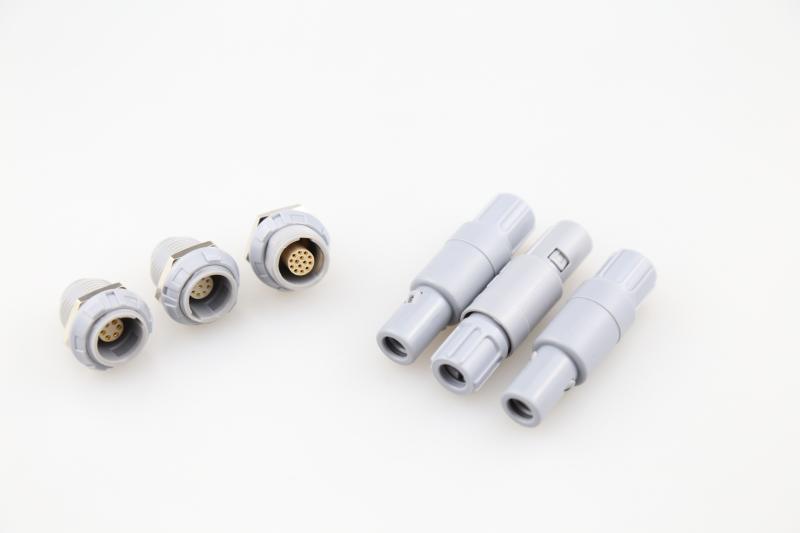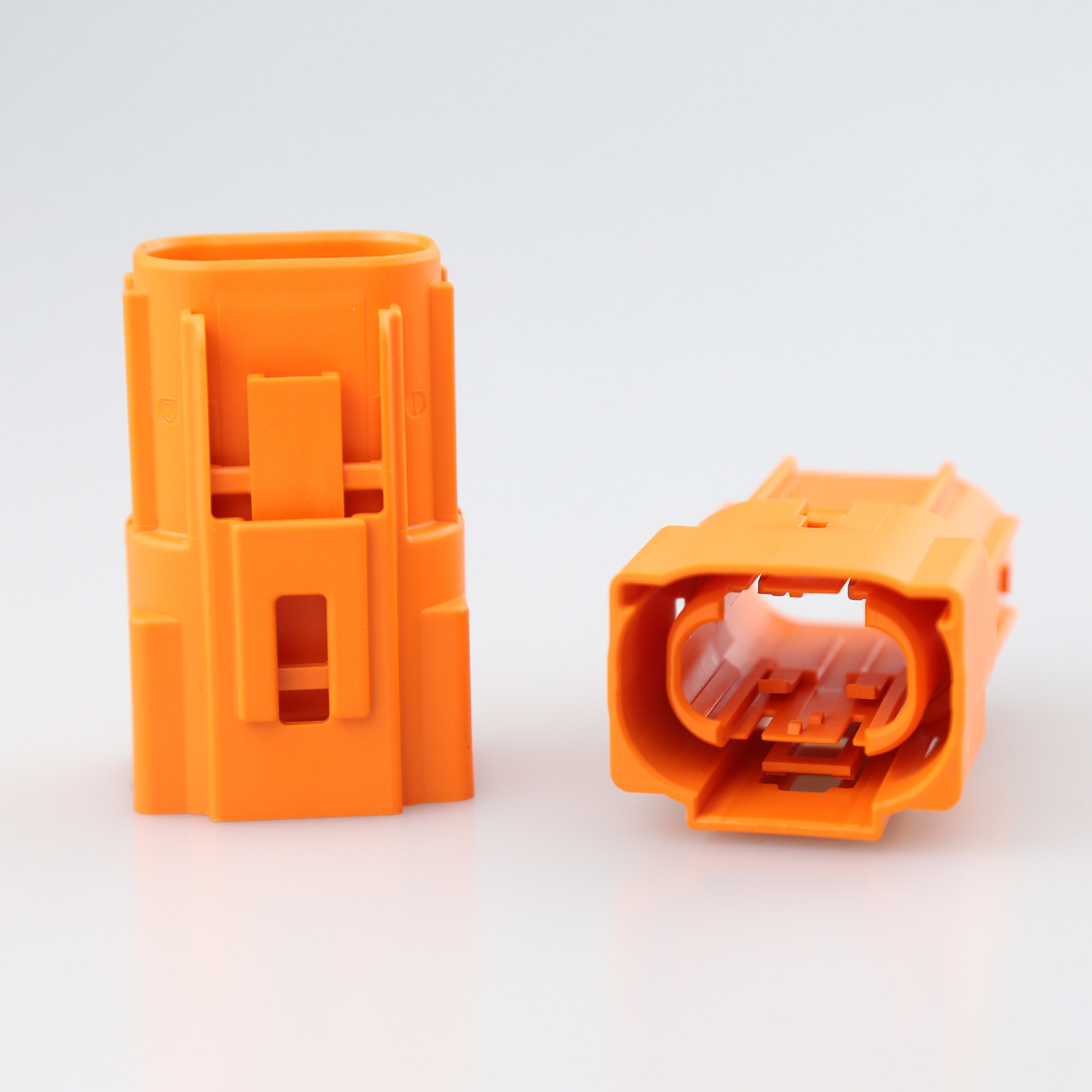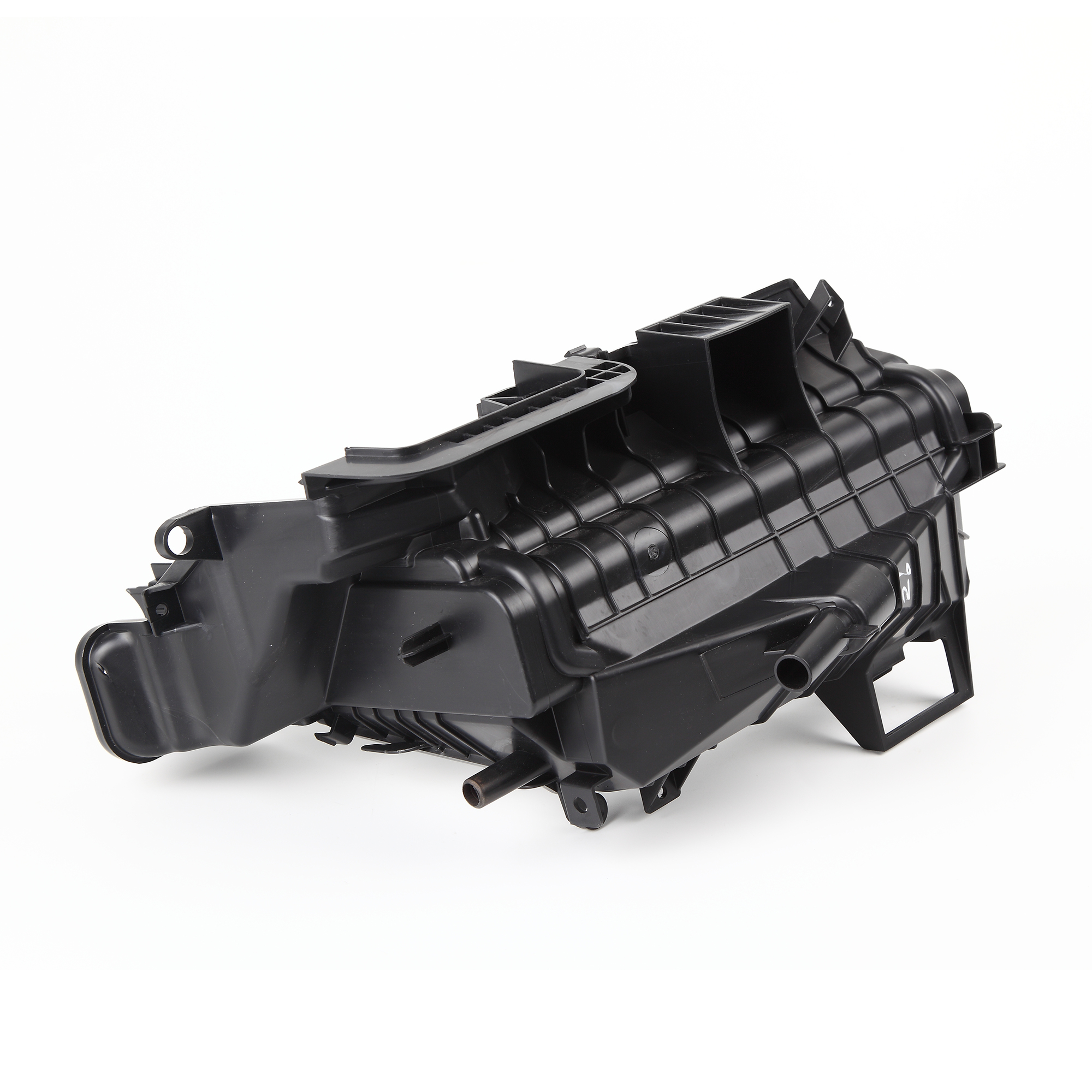



Unleashing the Versatility: A Journey into Plastic Molding
Plastic molding is a revolutionary process that has transformed industries worldwide. With its ability to create intricate, customizable, and durable products, plastic molds have become a cornerstone of modern manufacturing. This article delves into the vast potential and versatility of plastic molds, exploring the various techniques, materials, and applications that make this process essential for businesses seeking innovation and efficiency.
The Fundamentals: Understanding Plastic Molding
Plastic molding is a manufacturing process that involves shaping molten plastic using a mold. The mold serves as a precise and reusable tool for creating three-dimensional objects, ranging from simple casings to intricate components. The process typically involves heating the plastic material to a liquid state and injecting it into the mold, where it cools and solidifies to assume the desired form. Plastic molding allows for high production volumes and excellent dimensional accuracy, making it a preferred choice for various industries.
Exploring Different Molding Techniques
There are several techniques employed in plastic molding, each offering unique benefits and suitable for specific applications. Injection molding, the most commonly used technique, involves injecting molten plastic into a mold cavity. This technique is ideal for high-volume production and complex designs. Blow molding, on the other hand, is used for creating hollow objects such as bottles and containers. Other techniques like rotational molding, compression molding, and extrusion molding each have their own advantages and are suited for different product requirements.
The Art of Material Selection
The choice of material plays a crucial role in plastic molding, as it determines the final product's strength, durability, and appearance. There is a wide range of plastic materials available, including polyethylene, polypropylene, polystyrene, and more. Each material possesses distinct properties, such as flexibility, chemical resistance, and impact strength. Manufacturers must carefully select the appropriate material based on the product's intended use and desired characteristics.

Applications Across Industries
Plastic molding finds applications in numerous industries, showcasing its versatility and adaptability. In the automotive industry, plastic molds are used for manufacturing components such as dashboards, bumpers, and interior trims. The electronics industry relies on plastic molding for creating casings, connectors, and circuit board components. The medical field benefits from plastic molds for producing precision instruments, prosthetics, and medical device components. From consumer goods to aerospace, plastic molding offers endless possibilities for innovation and efficiency.
Conclusion
Mastering plastic molding unlocks a world of opportunities for businesses seeking to create high-quality, customized products. With its versatility, precision, and abundance of materials, plastic molds have become indispensable in modern manufacturing. Understanding the fundamentals, exploring different techniques, carefully selecting materials, and embracing its applications across industries will empower businesses to harness the true potential of plastic molding and stay at the forefront of innovation.